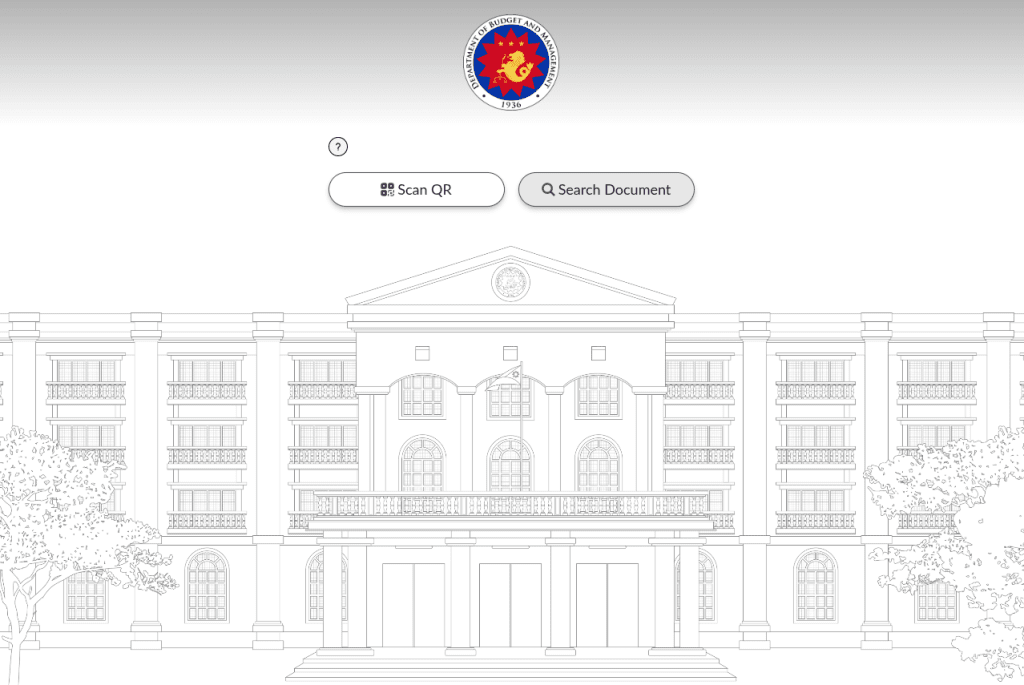The Philippine government is implementing a document verification system on Polygon, a move overshadowed by the disruption of the network itself.
The Philippine government officially launched a document verification system based on the Polygon blockchain, marking a significant step in the strategy of digitizing and increasing the transparency of public services. However, at the time of deployment, the Polygon network – the chosen platform – encountered a technical disruption, overshadowing this important event somewhat. Nevertheless, the project continued as planned, demonstrating the authorities' determination to adopt new technological solutions.
According to the Undersecretary of the Department of Budget and Management of the Philippines (DBM), Maria Francesca Montes Del Rosario, this verification system aims to combat the risks of falsifying public documents and the growing threat from deepfake technology. 'We are leveraging advanced technologies such as AI, blockchain, and satellite imagery to innovate and improve efficiency in public management and policy planning,' Del Rosario stated.
 Screenshot of the Philippine government's document verification service. Source: Department of Budget and Management of the Philippines
Screenshot of the Philippine government's document verification service. Source: Department of Budget and Management of the Philippines
The new system was developed by Bayanichain, a local technology company, and will serve to authenticate important budget documents, particularly the Special Allotment Release Order (SARO) and the Notice of Cash Allocation (NCA). Technically, the data of these documents will be encrypted and stored on the Polygon blockchain in the form of a hash, similar to a unique digital fingerprint. Users can easily verify the integrity of the documents by scanning a QR code or entering the corresponding code to cross-reference with the record on the blockchain.
Ironically, on the very day the initiative was launched, the Polygon network faced a serious issue when the key consensus client (Heimdall v2 mainnet) experienced a temporary disruption. According to a notice from the Polygon development team, the initial cause was identified as a bug in the network's consensus mechanism.
Although the issue was resolved within three and a half hours, and the block production layer (Bor layer) continued to operate independently to prevent complete disruption of the network, some interface services such as the blockchain explorer were significantly affected, failing to accurately display the actual operational status of the network.
Even though this incident was merely a short-term technical issue, it raises significant questions about the stability and continuous operational capability when implementing key projects based on blockchain. The Philippine government, like many other countries, will need to closely monitor and assess the reliability of blockchain platforms before scaling applications in administrative and public financial management.

